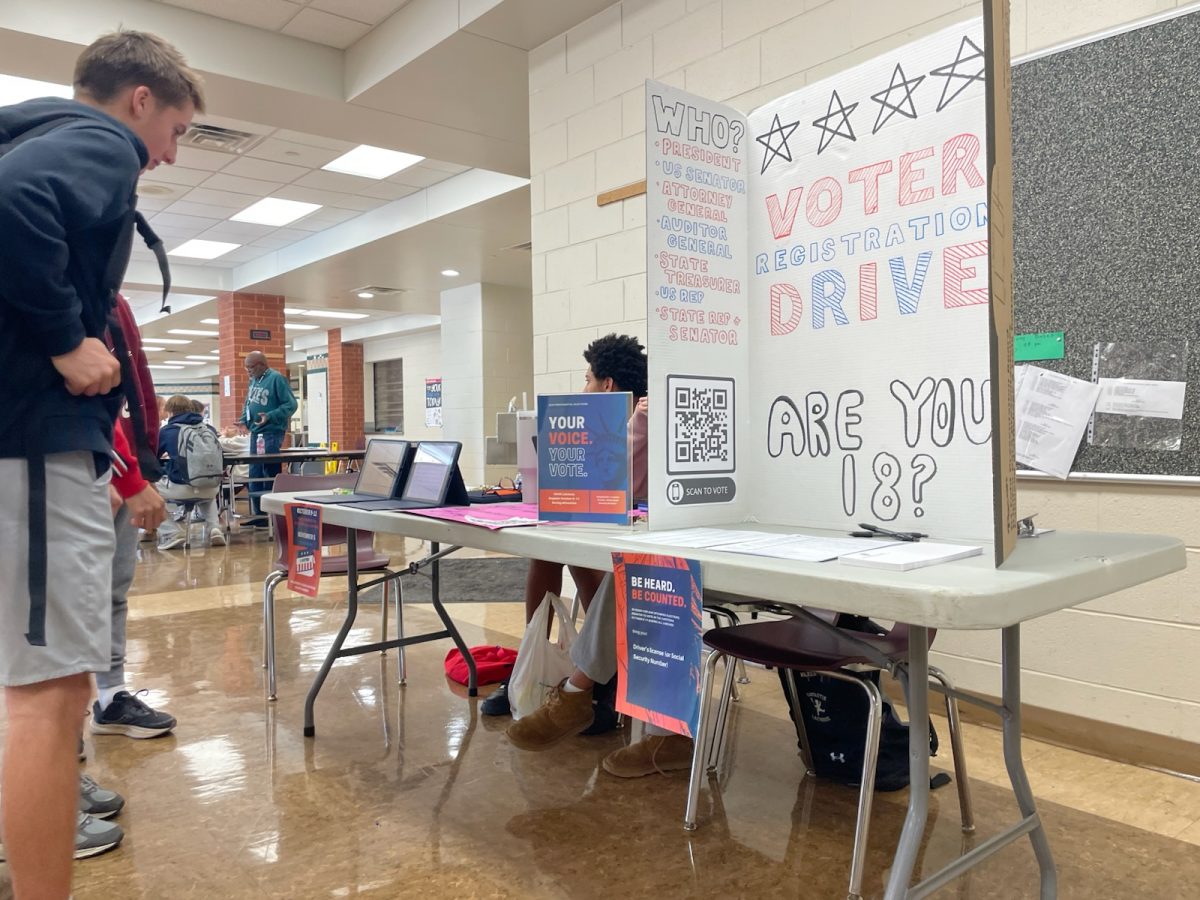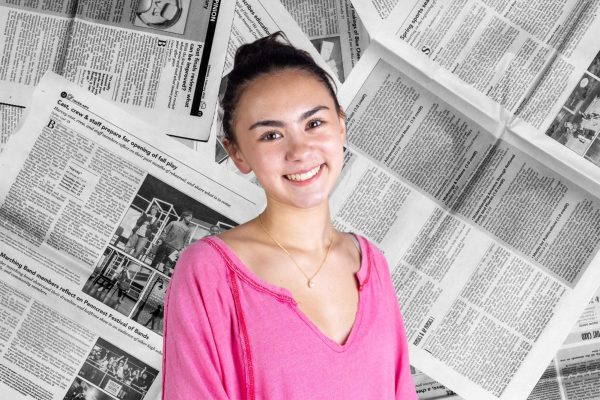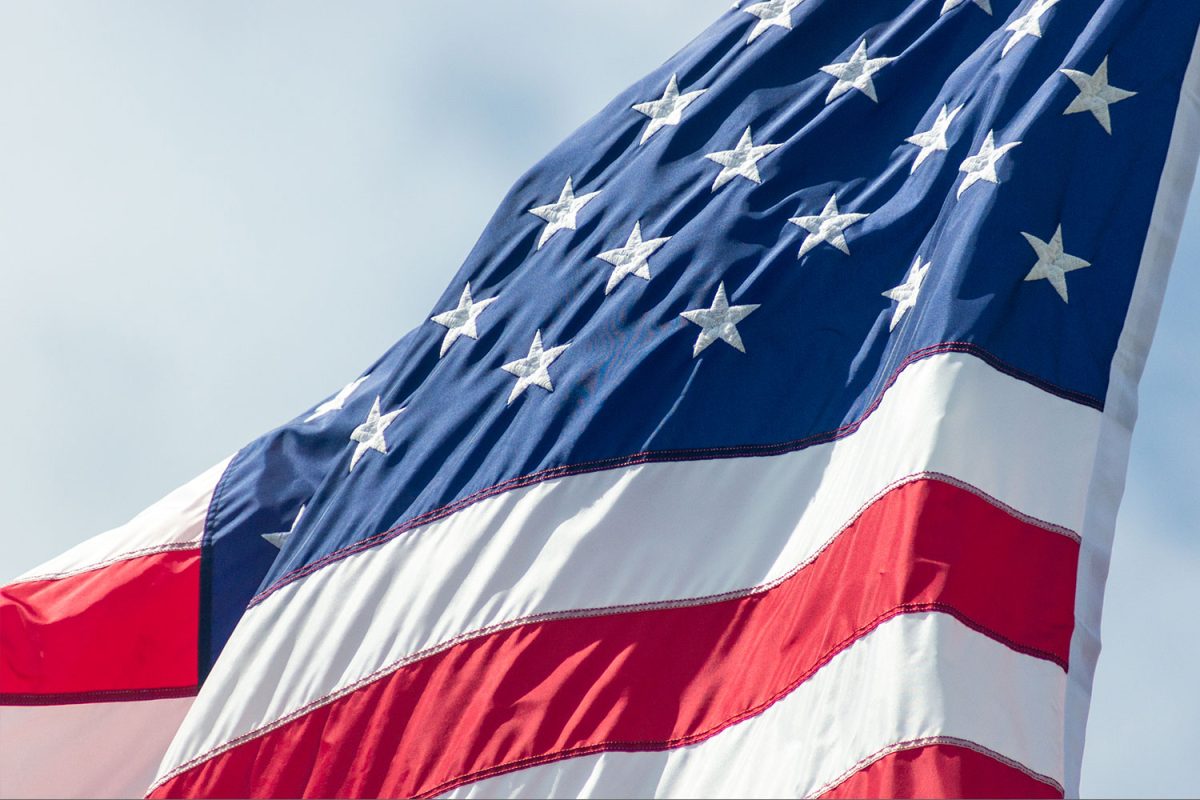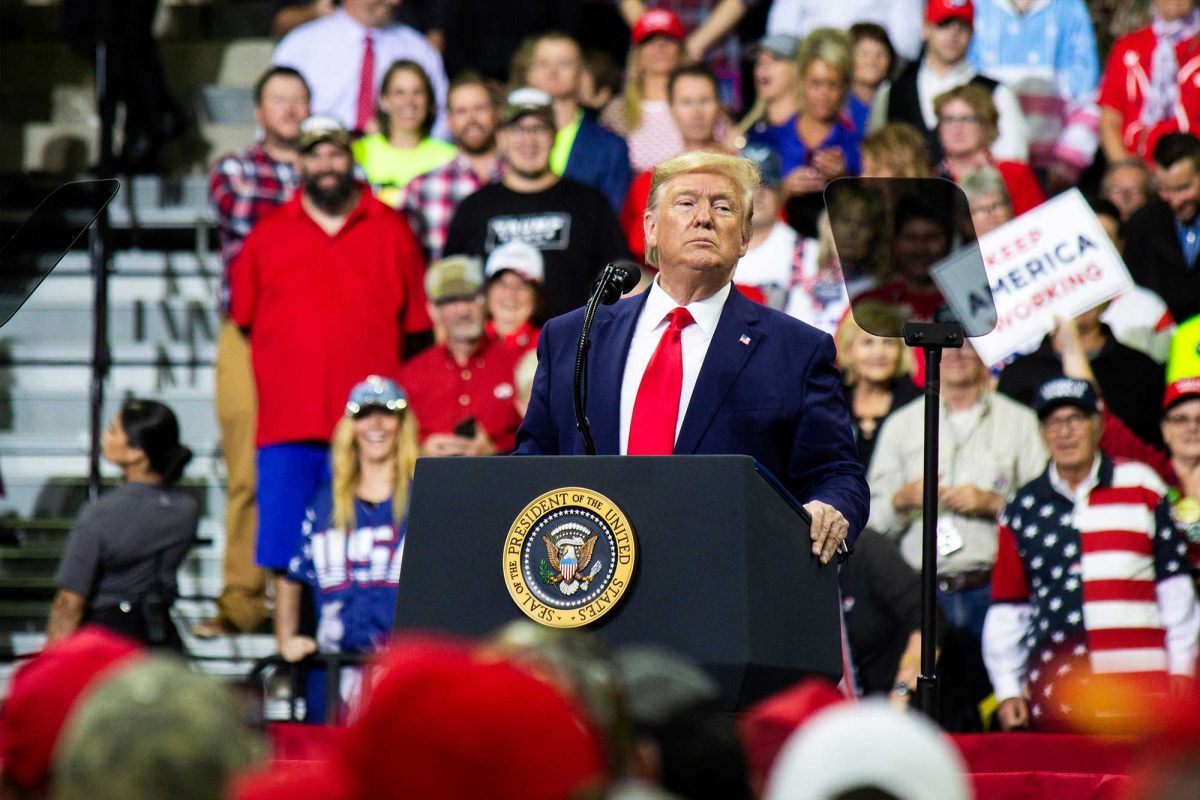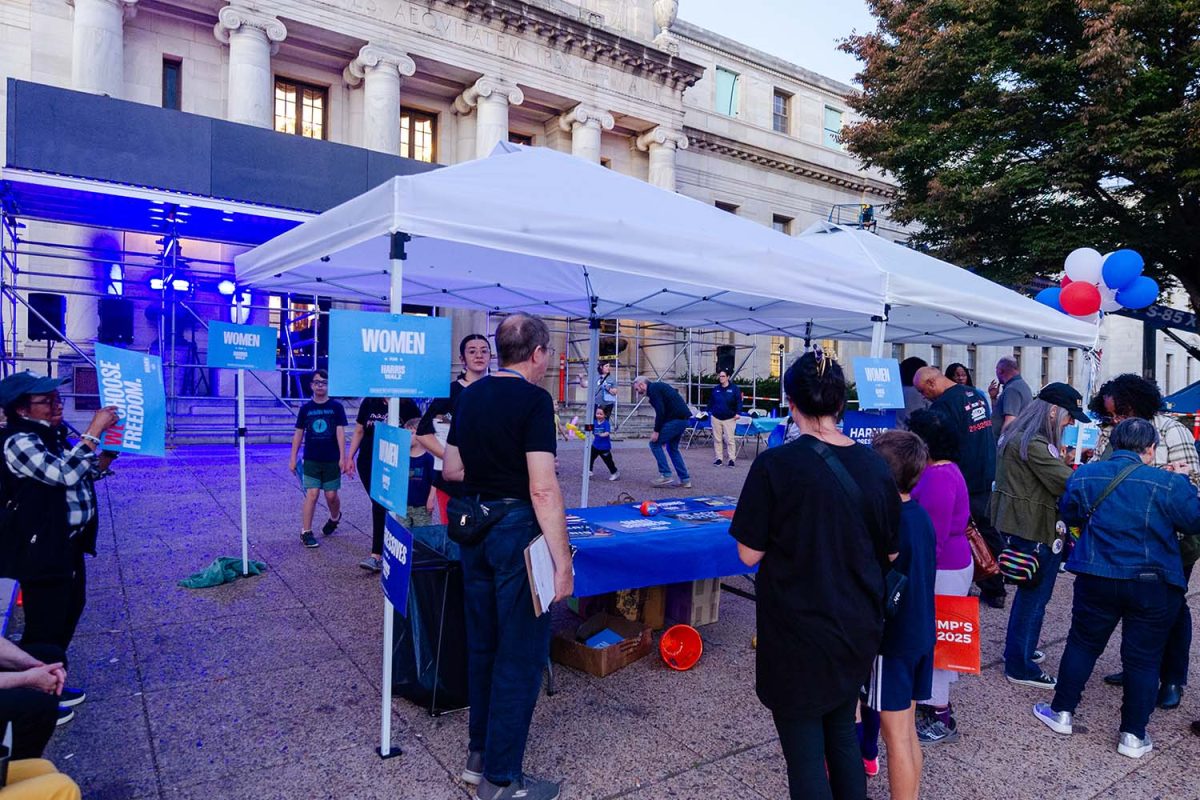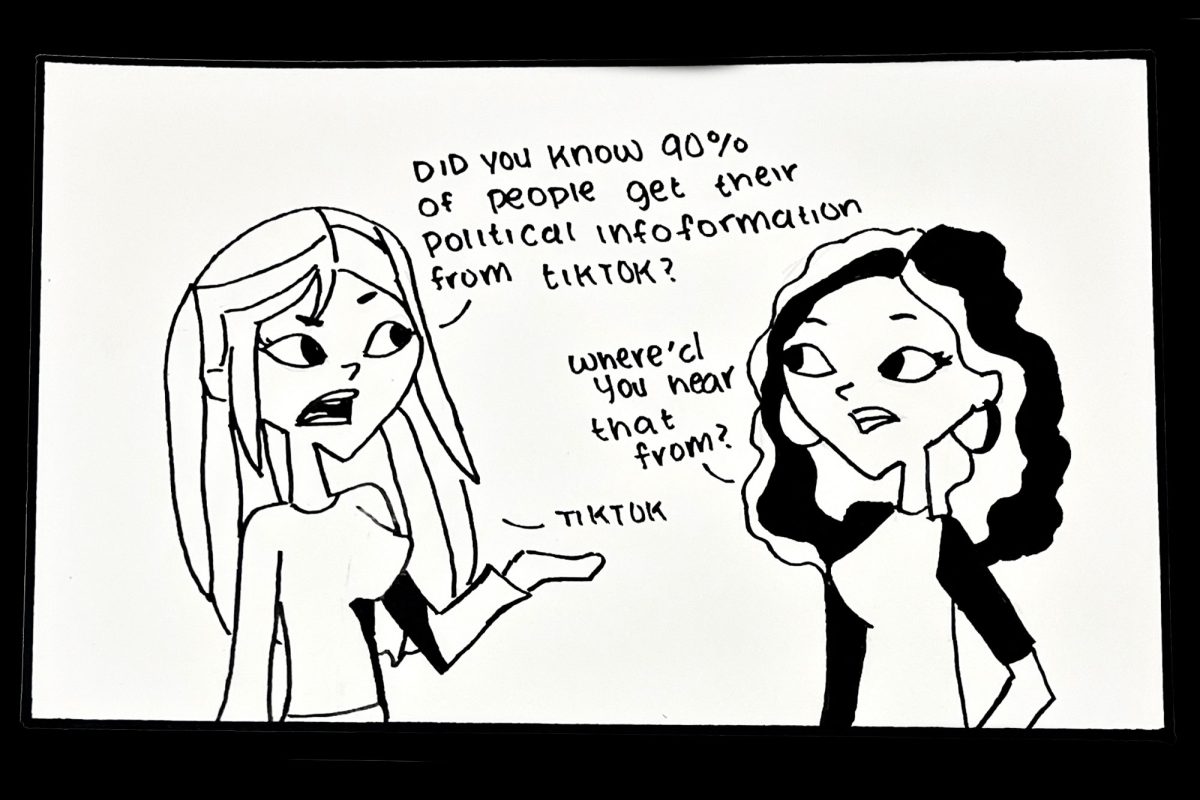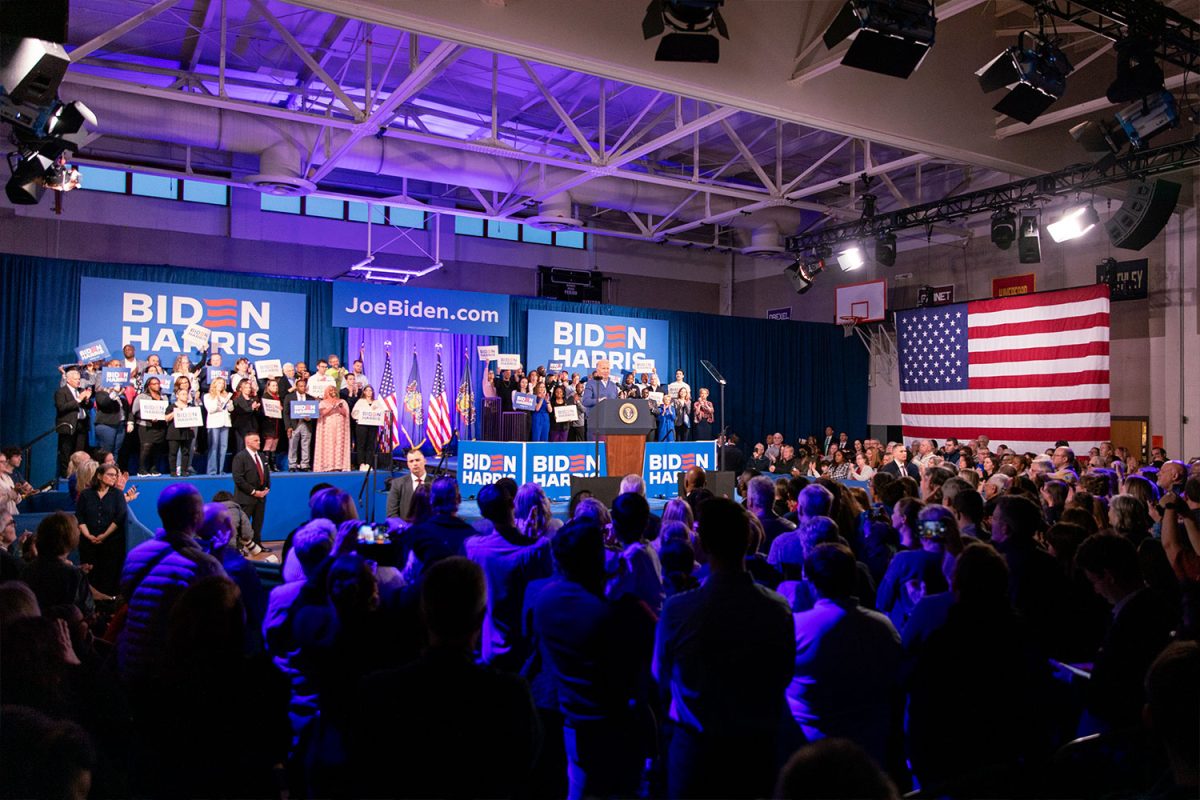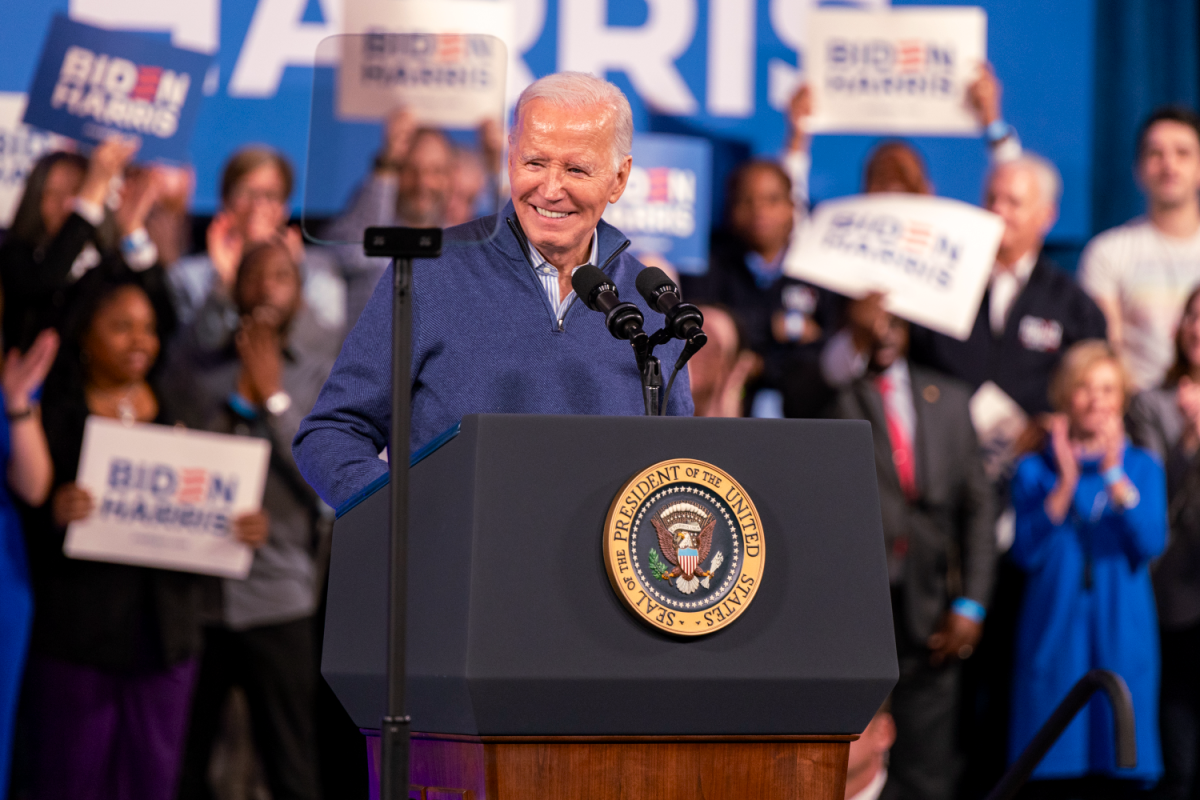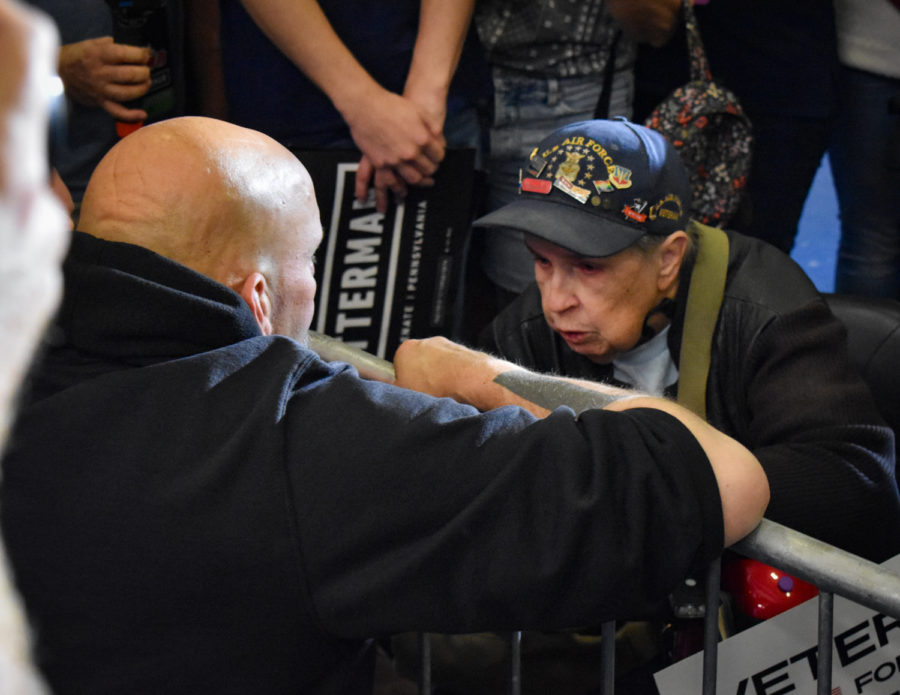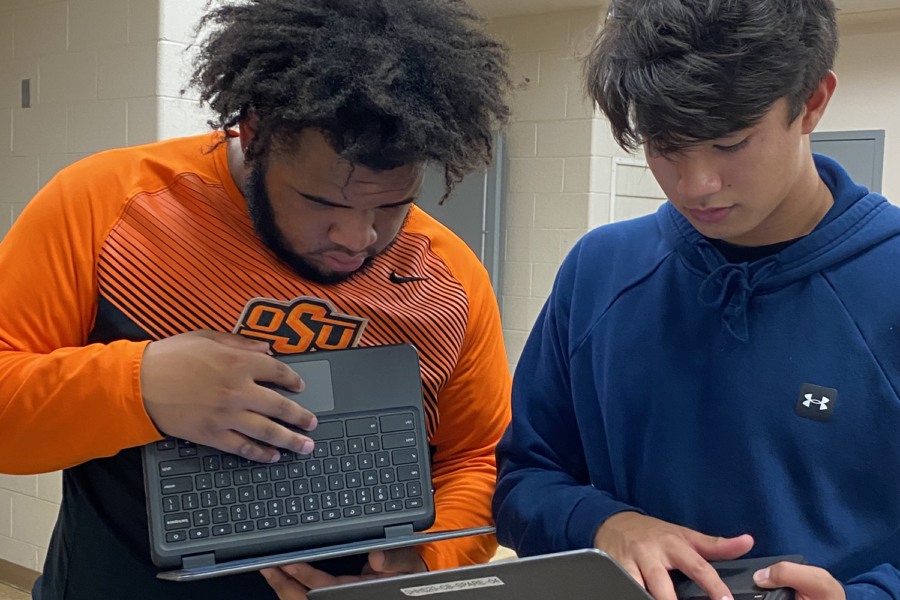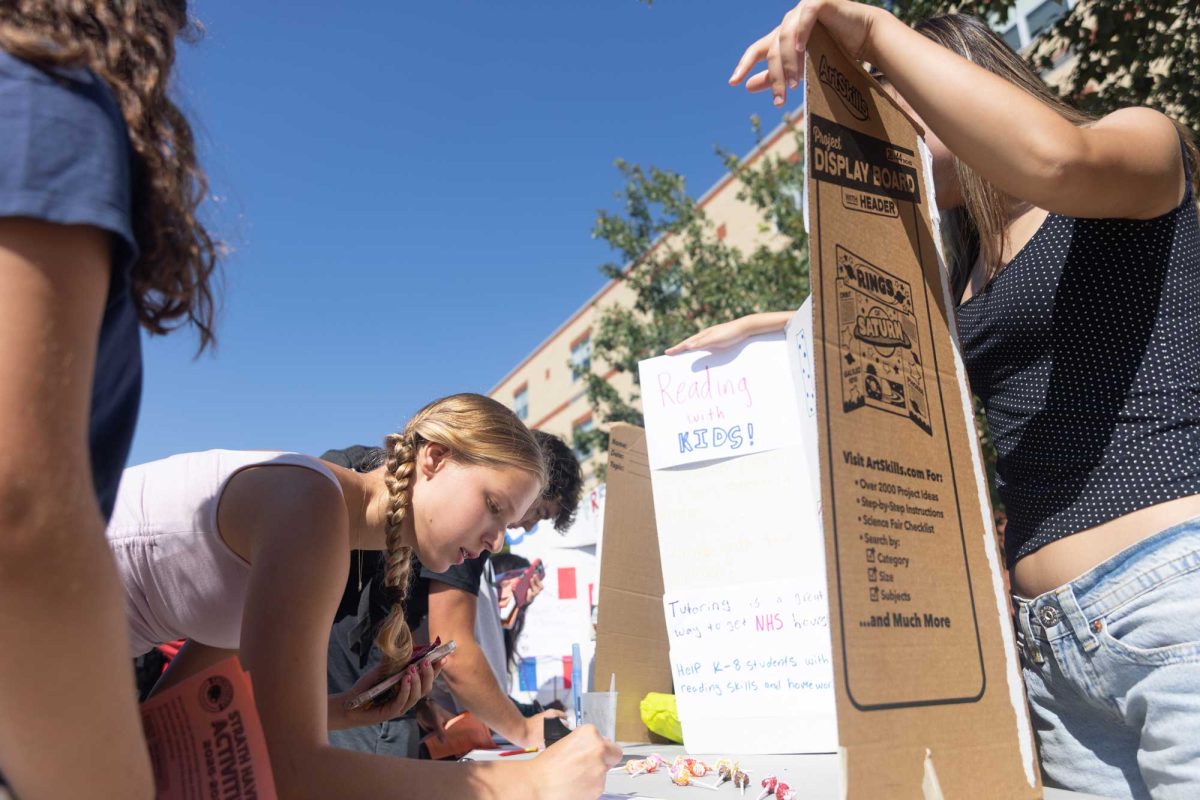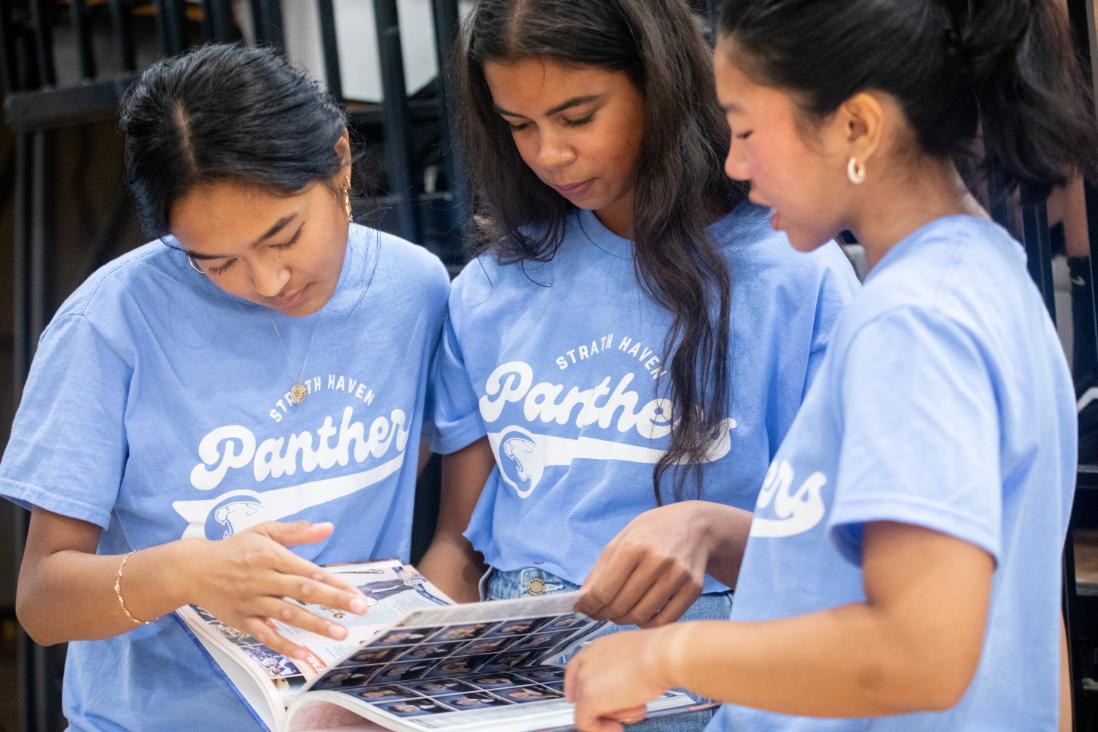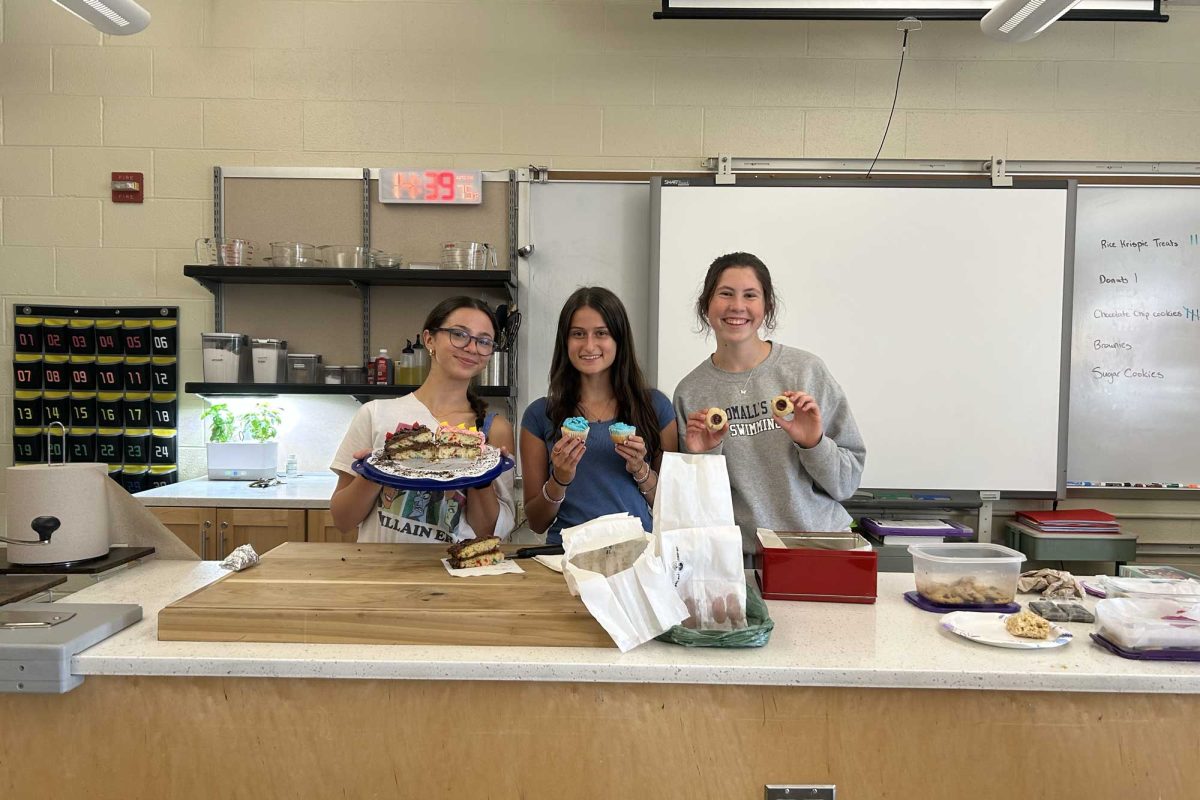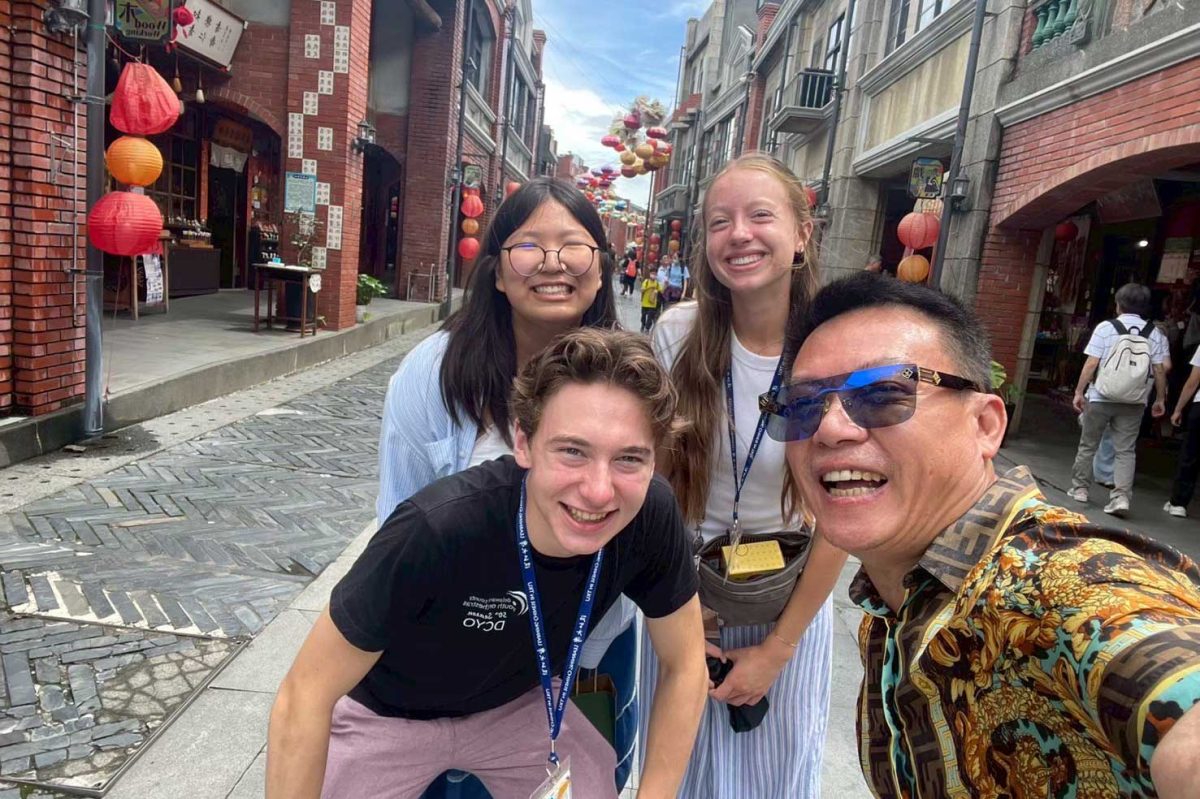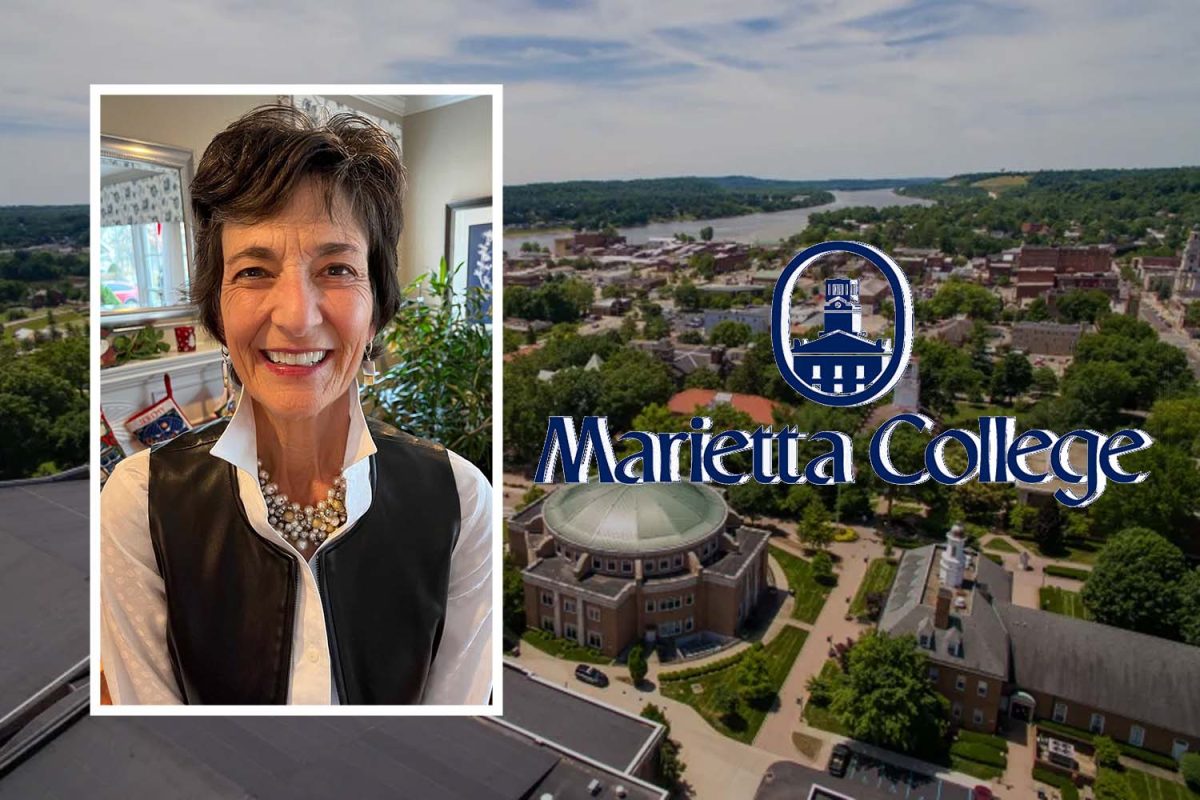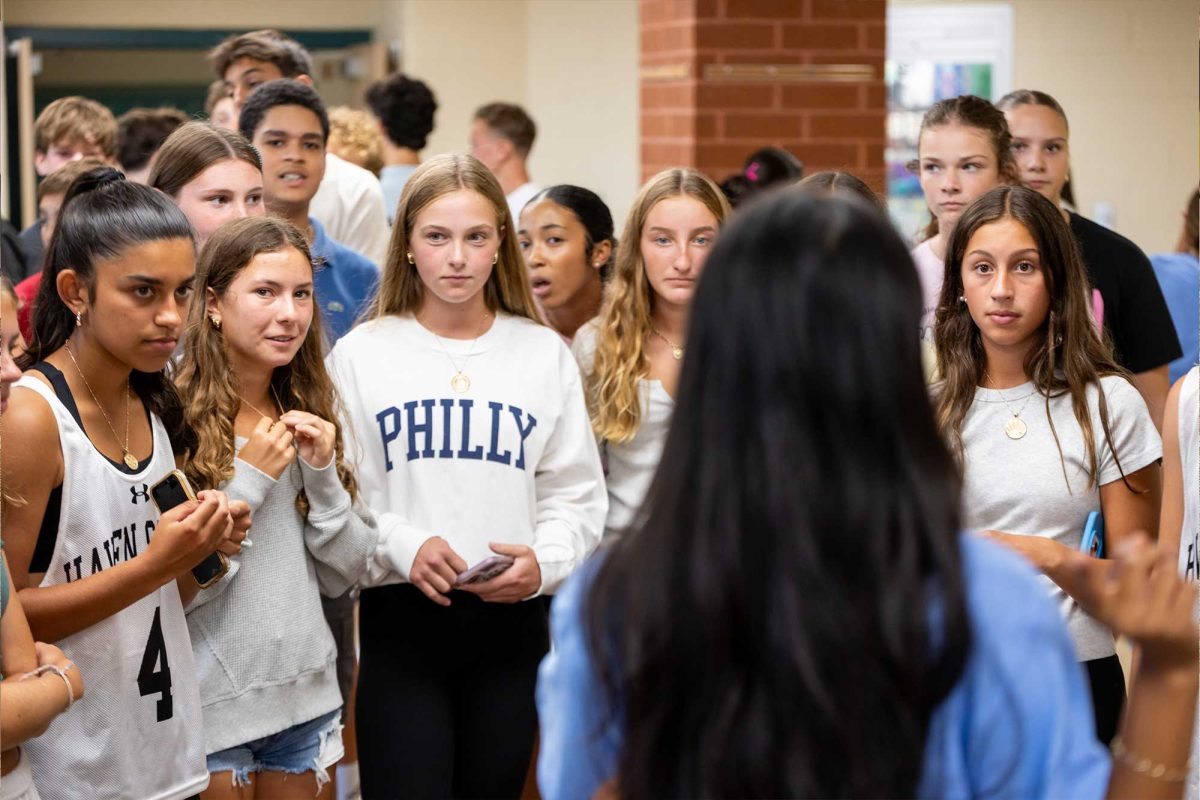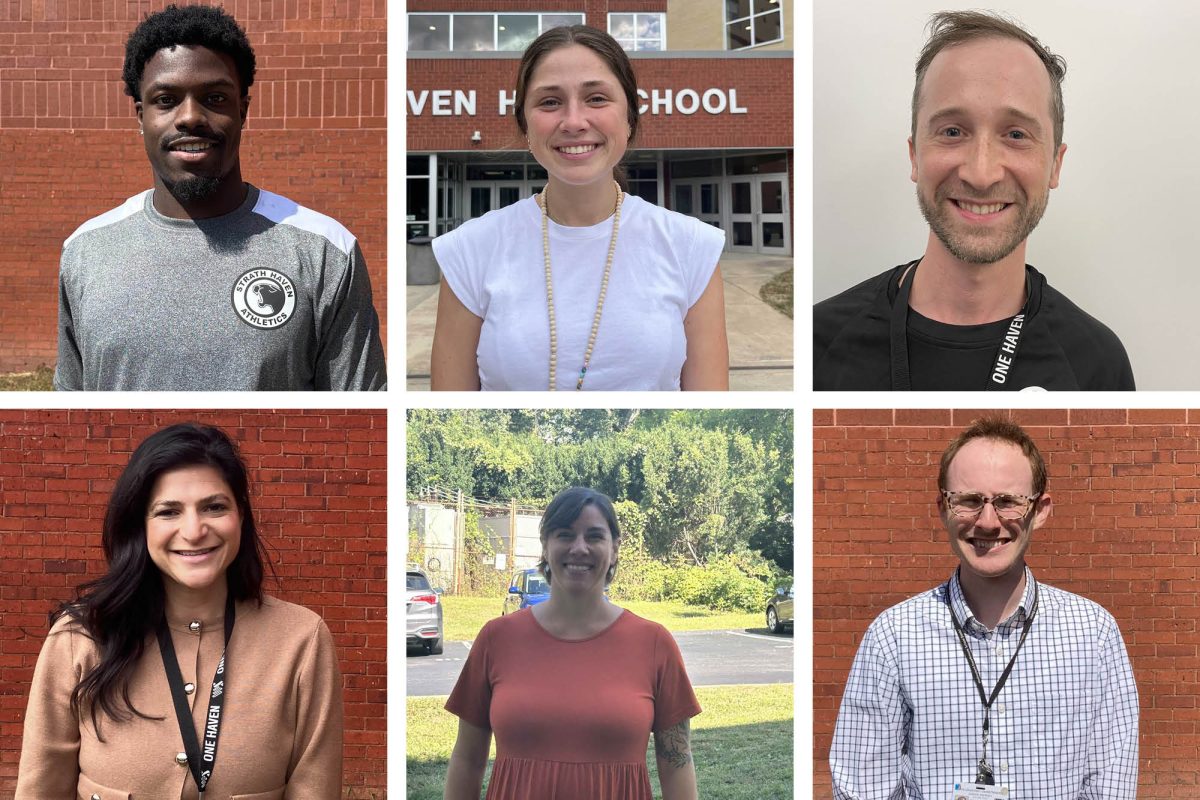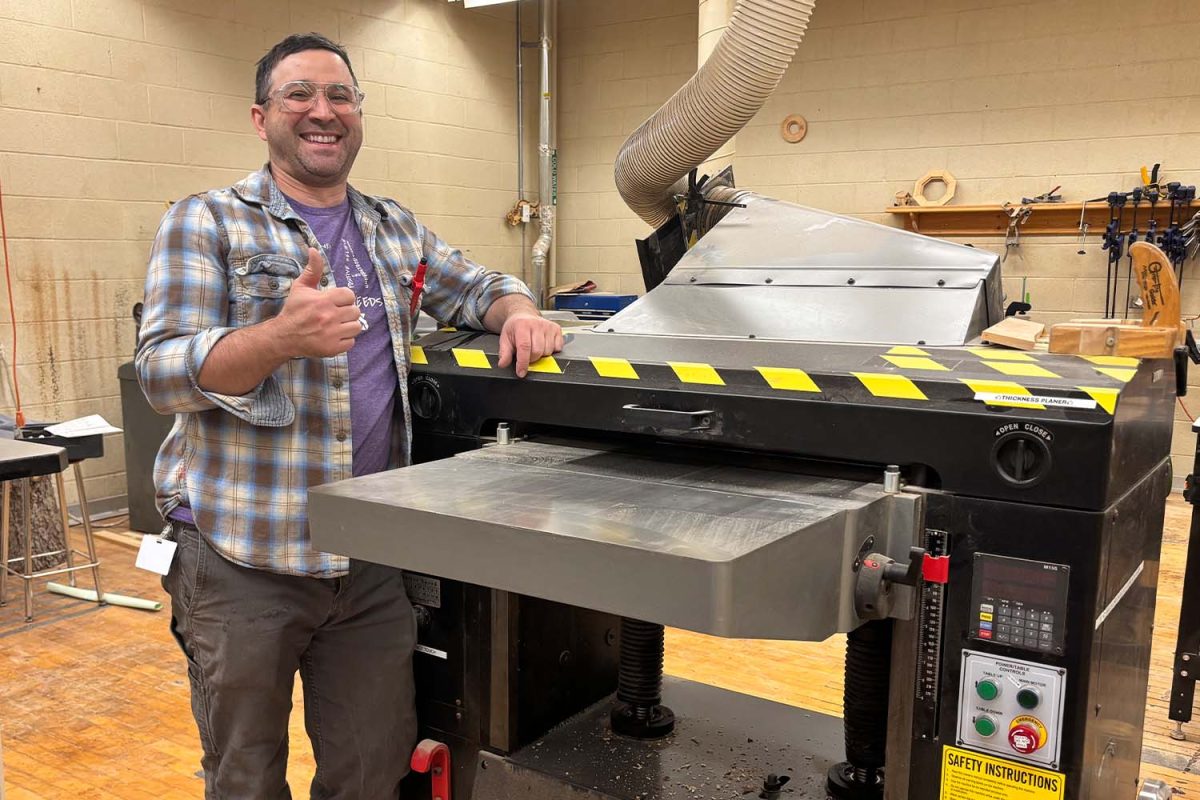Youth involvement in politics has always been a tricky issue to tackle. Despite young voters being such a catalyst in major elections, some feel that their voice doesn’t matter. In the 2024 election, only 42% of people aged 18-29 voted, a decrease from the 2020 election statistics. Youth votership can be greatly unreliable and shaky, Strath Haven students have aimed to tackle this problem as well as get involved in more political opportunities. Perhaps more student interest is important and beneficial.
Students and young people have taken a role in recent political landscapes. However, it can be hard for students to feel a connection to anything going on in D.C.
“I think it’s really hard to engage students at this age with politics because they don’t necessarily feel like it touches them,” civics teacher Ms. Alissa Harvey said. “Or they maybe don’t see themselves as part of the process, or they don’t see their issues reflected in what some of our candidates are pushing or championing.”
While young men in 2020 voted 56% Democratic, the year where the Democratic candidate won, in 2024, the same youth demographic voted 56% Republican, the party of the winning candidate. Young voters can sway elections.
“We saw in the 2022 midterms just how younger people showed up in higher numbers than they typically do, and we saw that there’s a lot of strength in that,” Harvey said. “Historically, in this country, younger voters don’t turn out to vote because they don’t feel like they’re being represented, or the things they care about are on the table. That has to change because your vote does matter, even though it is a single one.”
With a new party entering the White House, new legislation may follow suit, potentially leading to policy changes that could affect Strath Haven students.
“A lot of those things do impact you, right? They’re talking about making massive changes to the Department of Education. And so for me, it’s really making that connection: you may feel that these things don’t impact you, but they 100% do,” Harvey said.
Voting registration seemed to pique Harvey’s interest as well as senior Lucy Hewitt’s. Hewitt worked alongside other students with Harvey as their supervisor to make voter registration accessible for Strath Haven students. They set up a table with poster boards and information in the cafeteria, helping and encouraging anyone who approached to register if they could.
“I helped run the voter drive at the high school during lunch. We asked high school seniors to sign up to vote, and we helped them get registered to vote,” Hewitt said.
Harvey noted the purpose and mission of the drive was to educate and inform students, making registering as easy as possible.
“There seems to be a lot of mystery around the voter registration process,” Harvey said. “Everybody thinks it’s really difficult, and it’s not. And so part of the reason we wanted to run the voter drive was to have it easily accessible during lunches and put it in kids’ faces and say, ‘Look, do you want to register?’”
Both Hewitt and senior classmate Linden Corbett took it a step further, applying to and working with Representative Mary Gay Scanlon’s Congressional Youth Cabinet. Pennsylvania students can gather to discuss their thoughts on legislation and policy’s regarding global issues. Groups can also travel to D.C. to see the Capitol and learn about the processes Congress goes through to pass laws. They get to meet and connect with other politician’s as well.
“My role, and a couple other students’ roles as well, is just to show up and have conversations about current issues,” Corbett said. “So [we talked about] voting rights, immigration, book banning, and gun ownership. It’s been really constructive and a really good opportunity to get to talk within the community.”
Scanlon’s program aims to gain a student perspective on certain policies and information she will bring back to D.C. Each month, the students in the program meet and discuss selected topics with Scanlon and her peers working on those issues.
“For example, in October, she brought in her person that’s working on immigration, helping families in Afghanistan, and so we got to meet some of the people on her team and learn about what it’s like to work in D.C,” Hewitt said. “Each month, we choose a topic, such as climate change, or education, gun rights, and we have a conversation about what’s important. And her purpose of doing it is hearing from teenagers what they’re thinking.”
Both Hewitt and Corbett note the positive effect of working with politics on their lives. Corbett advises students looking to get involved with programs such as Scanlon’s congressional Youth Cabinet to keep updated with the political offices and representatives nearby and not to be afraid to reach out.
Hewitt also notes simpler ways to get involved if some students are not up to or don’t have the time for a full program. She volunteered in the community by working at the polls this election season, helping people who couldn’t read to cast their votes.
Harvey describes straightforward civic engagement in the community as fullproof way to stay politically involved as well.
“That could be something as simple as volunteering,” Harvey said. “Civics, to me, is really just about being an active, engaged, contributing member to your society. So that doesn’t necessarily need to just be about politics. It could be about knowing and understanding and supporting local businesses.”
Students of Strath Haven and across the nation are the future, and teens involved in politics reap the benefits of being active community members. Being politically engaged, whether pursuing programs, awards and opportunities, helping out in the community, or voting, can affect a student’s life and the world around them.
“I think it’s really important to understand what’s going on in the country and in the government because, ultimately, that will be the world you’re living in,” Hewitt said.




